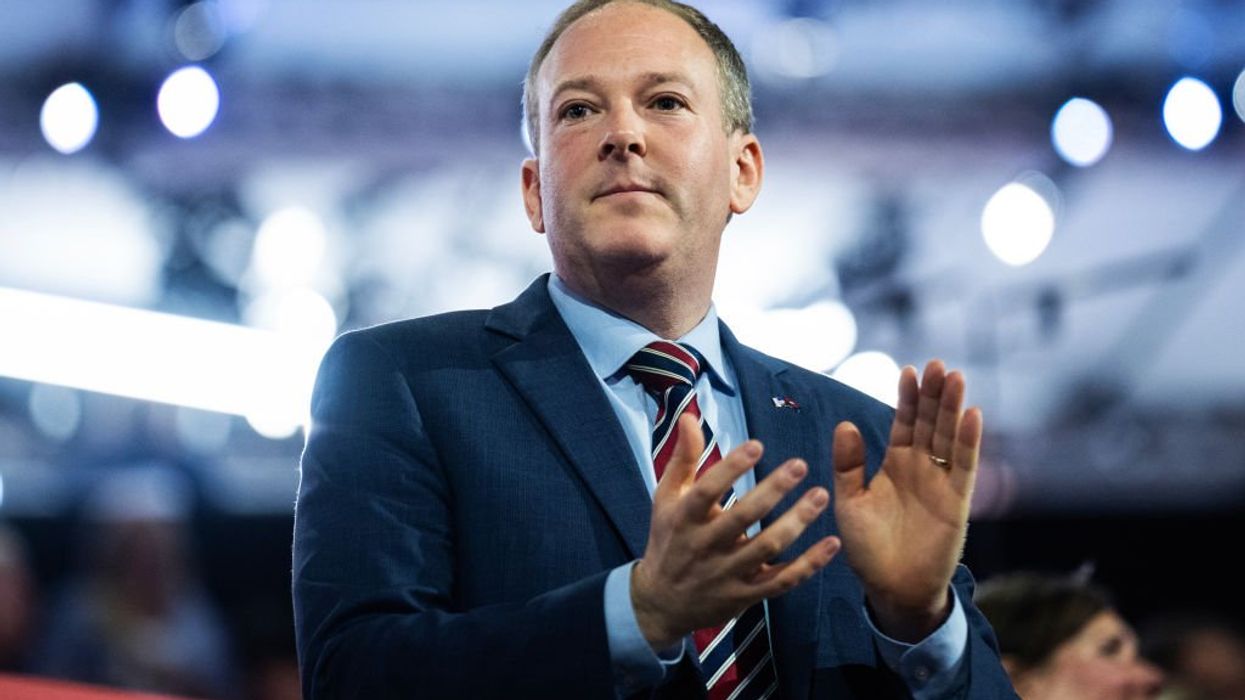Today we bring you the next in our series on current and former members of Congress nominated to a cabinet post by President-elect Trump. This story was original ly published by Govtrack.us
The Senate will vote on Trump’s nominees once they are formally nominated after he takes office, but senators have already begun meeting with the expected nominees. They may also hold hearings ahead of Trump’s inauguration, to expedite the confirmation process.
Former Rep. Lee Zeldin (R-NY1) is President-elect Donald Trump’s pick to replace Michael Regan as EPA (Environmental Protection Agency) administrator. The position requires confirmation by the Senate.
Zeldin served in the House from 2015 to 2023, when he declined to run for reelection to focus on his Republican nomination for New York governor, which he lost in an election that was much closer than expected.
Both Republicans and Democrats alike describe Zeldin’s expected nomination as about rolling back environmental protections to support big business.
Bills introduced
During his eight years in Congress, he was lead sponsor of 84 bills. By GovTrack’s count, by far his most common primary issue area was “Armed Forces and National Security” at 24%. Zero were primarily related to the category “environmental protection.”
That’s because Zeldin is generally opposed to environmental protection. Indeed, he introduced at least two bills that would kill more fish.
2017’s Local Fishing Access Act would have allowed striped bass fishing in an area called the EEZ (Exclusive Economic Zone) by his New York district. 2015’s Fluke Fairness Act would have allowed fishers in his district to catch more fluke fish, also known as summer flounders, as New York state’s commercial sector only reeled in less than 10% of its estimated potential fluke haul. Neither bill passed.
The League of Conservation Voters gave him a lifetime 14% score. Of the 235 votes the organization marked as important environmental votes during his tenure, he cast what they deemed a “pro-environment” vote in 32.
However, those 32 votes included several where Zeldin was one of the only House Republicans doing so. Here are three examples.
Coastal and Marine Economies Protection Act
Zeldin’s 2019 vote would have banned offshore drilling off both the Atlantic and Pacific U.S. coasts.
House Democrats almost unanimously supported it by 226-5, while House Republicans almost entirely opposed it by 12-183, making Zeldin one of only a dozen members of his party to vote in favor.
The Senate never voted on the measure.
EPA funding on carbon pollution
In 2019, Zeldin voted against blocking the EPA’s implementation of new tougher standards on carbon pollution.
House Democrats voted almost unanimously in opposition by 1-233, with only Rep. Collin Peterson (D-MN7) in favor. House Republicans almost entirely supported it by 177-21, making Zeldin one of less than two dozen members of his party to vote against. Due largely to Democrats, the measure failed, meaning the EPA’s rule stood.
(Interestingly, one of the few other Republican dissenters was former Rep. Matt Gaetz, Trump’s original nominee for Attorney General before dropping out, and hardly known as an environmentalist.)
Shark Fin Sales Elimination Act
Zeldin’s 2019 vote would have banned the shark fin animal parts used as a delicacy in some food items such as soups.
House Democrats almost unanimously supported it by 221-2, while House Republicans opposed it by 89-104 – pitting Zeldin against most members of his party. Though the House passed the measure, it never received a Senate vote in that Congress.
Congress ultimately enacted it three years later as a provision in the 1,772-page annual National Defense Authorization Act for 2022. Though that package passed the House overwhelmingly by both parties, Zeldin didn’t cast a vote.
What Congress is saying
“President Trump has made a strong choice in selecting [Zeldin] to lead the [EPA],” Senate Environment and Public Works Committee top Republican Sen. Shelley Moore Capito (R-WV) said in a statement. “I look forward to promptly considering Rep. Zeldin’s nomination in the [committee] and to working with him to roll back regulatory overreach and unleash American energy production.”
Democrats strongly oppose the selection
“Donald Trump has chosen to reward a 2020 election denier, whose only job will be to reward corporate polluters by gutting the EPA and making our air and water dirtier,” Sen. Ed Markey (D-MA) posted on X, formerly Twitter. “In Congress and the courts, we’ve got a fight ahead.”
In 2019, no Senate Democrats voted for Trump’s last EPA Administrator nominee Andrew Wheeler, though he was confirmed in the Republican-led chamber anyway. A similar outcome seems likely here.Jess Rifkin's writings about politics and Congress have been published in the Washington Post, Politico, Roll Call, Los Angeles Times, CNN Opinion, GovTrack, and USA Today.




















